How a Zurich theatre became an anti-fascist refuge
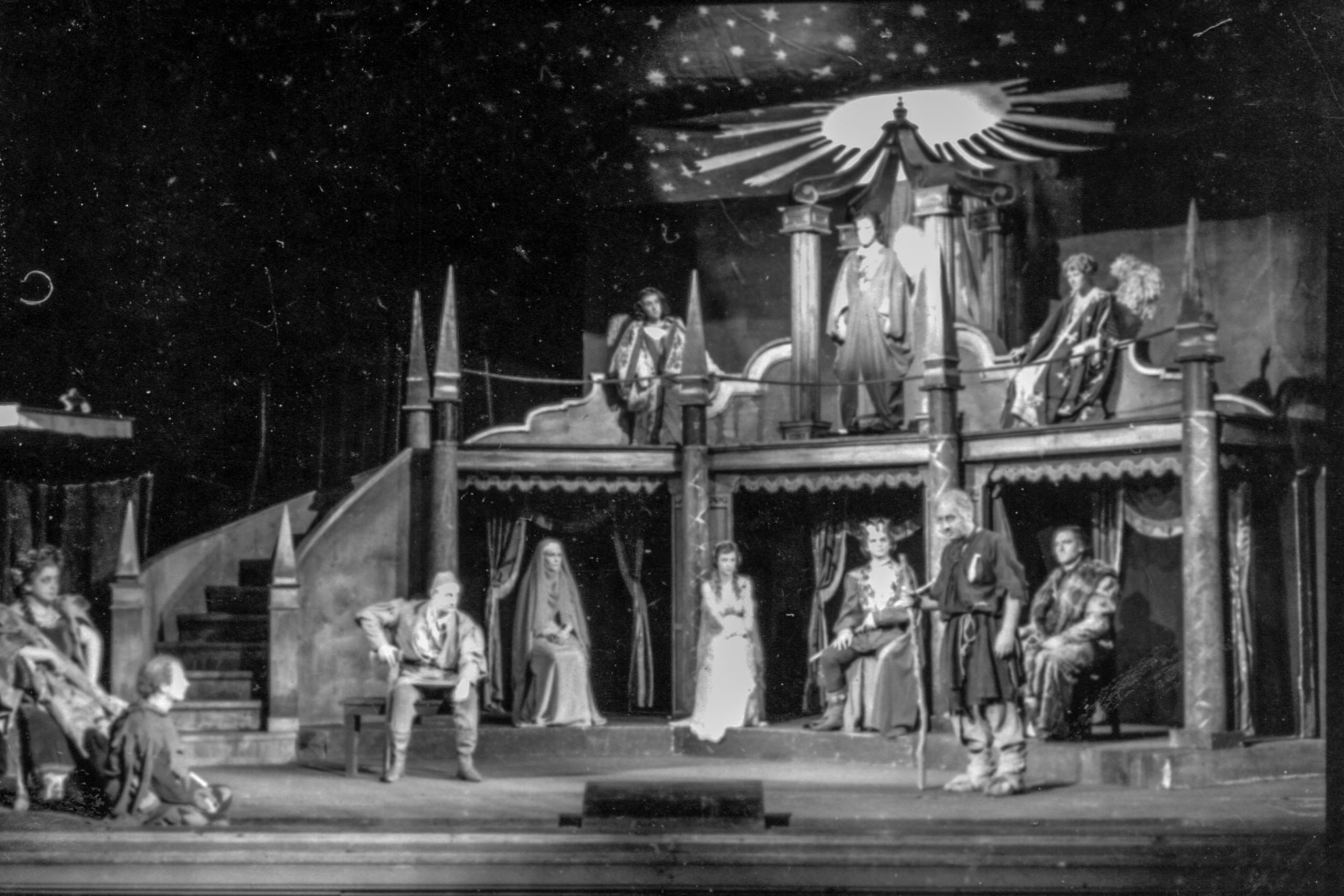
During the years before the Second World War, the Schauspielhaus Zurich became the last free German-speaking theatre. From 1933 onwards, the stage was dominated by emigrants from Germany, turning it into a kind of anti-fascist ‘safety zone’.
May 1940: Faust during the War
Zurich, spring 1940 – The day before the performance and traffic was heavy in Zurich. People were heading to the Alps or other places, in search of safety. The Second World War had broken out in autumn and rumours were circulating that the German army would soon invade Switzerland. The river Rhine, which forms the border with Germany, stands only 25 kilometres away.
The Schauspielhaus Zurich continued to put on plays in this wartime atmosphere. Crowds were forming in front of the theatre trying to get in. Actors moved stage sets and props themselves as many of the stagehands and lighting technicians had been drafted as part of the Swiss government’s recruitment of 700,000 soldiers on May 10, 1940.
Goethe’s Faust was being performed. The Nazis loved Faust. The story of a man who was hungry for knowledge and life, who made a deal with the devil and who was driven and constantly longing for more was the epitome of the “tragedy of the Nordic people”, the “Gothic-German striving for infinity”. In Zurich, however, Faust was performed by expatriates from Germany, communists or of Jewish descent, who had fled the Nazis. They had left their packed rucksacks backstage, ready to flee again if necessary.
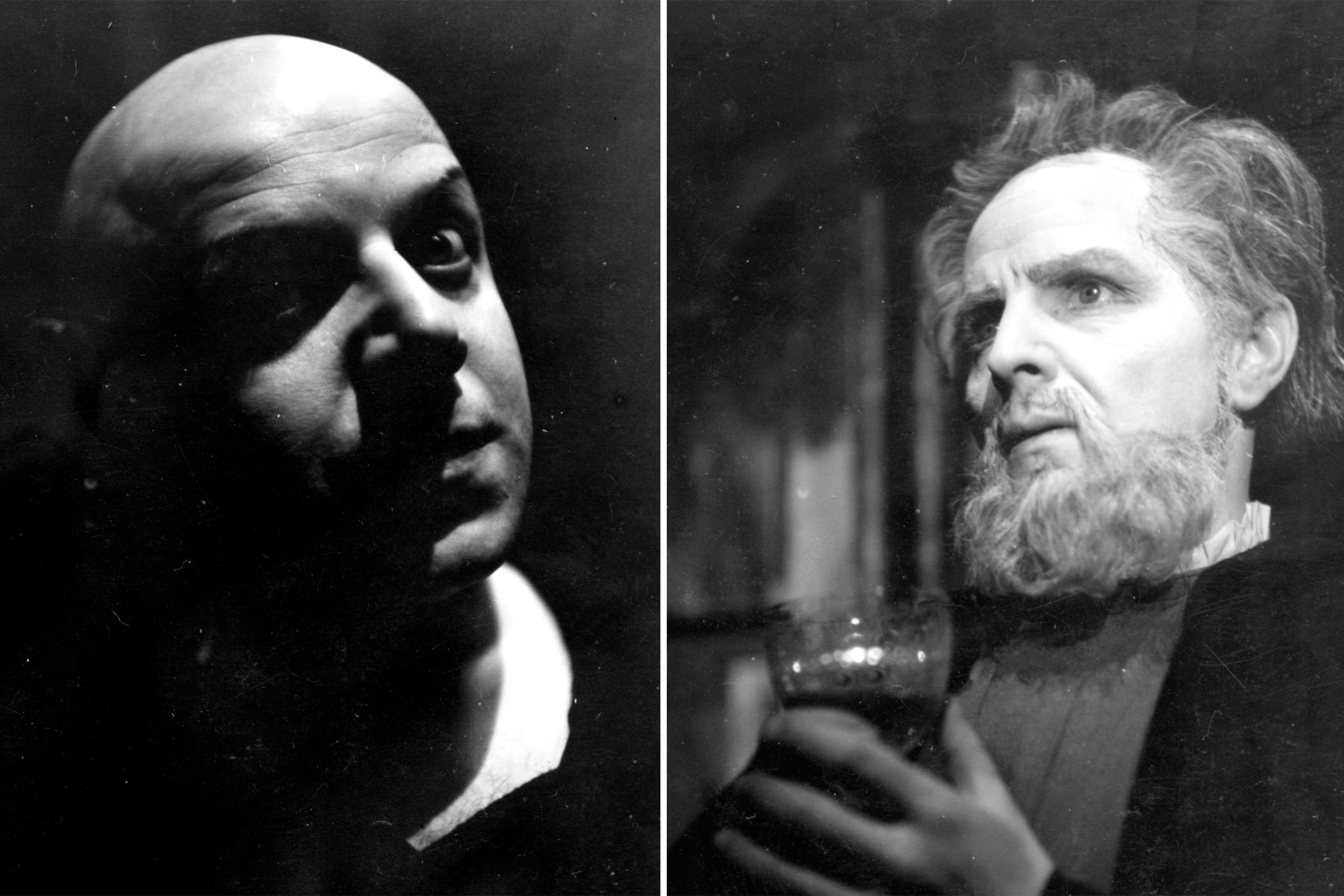
The actor Wolfgang Langhoff, who played Faust, had been interned in a concentration camp as a communist and had managed to flee to Switzerland. Ernst Ginsberg, who was Jewish and in danger of being killed in Germany, played the devil’s agent Mephistopheles. “We knew what Hitler was like and what he had in store for us,” dramaturge Kurt Hirschfeld remembered.
The audience was ecstatic. “The slightest reference to the tense situation was met with frenetic applause,” Hirschfeld said. “Goethe’s poetry became a contemporary play. For me, this day saw the birth of a European centre for intellectual resistance, in this old building, between painted cardboard walls and a shocked audience.”
During the Nazi dictatorship, the theatre became the last free German-speaking playhouse of any distinction.

1933 to 1939: Development of an emigrants’ theatre
By 1933 Hirschfeld had been working at the Zurich theatre for a year. Ferdinand Rieser, who had managed the theatre since the mid-1920s, had hired him after the Nazis banned Hirschfeld from German theatre for being Jewish. From 1933 onwards, emigrants who were no longer allowed to perform in Germany moved to Zurich, and many of them remained committed to the theatre for decades.
Shortly after the Nazis came to power, Rieser and his ensemble took a clear position by performing anti-Nazi plays. “Die Rassen”, for example, addressed the Nazis’ racial hatred. The play was regularly howled down by Swiss Nazi sympathisers. Loud voices could be heard in front of the theatre shouting: “Jews out, Jews out”. The play’s director was also Jewish.
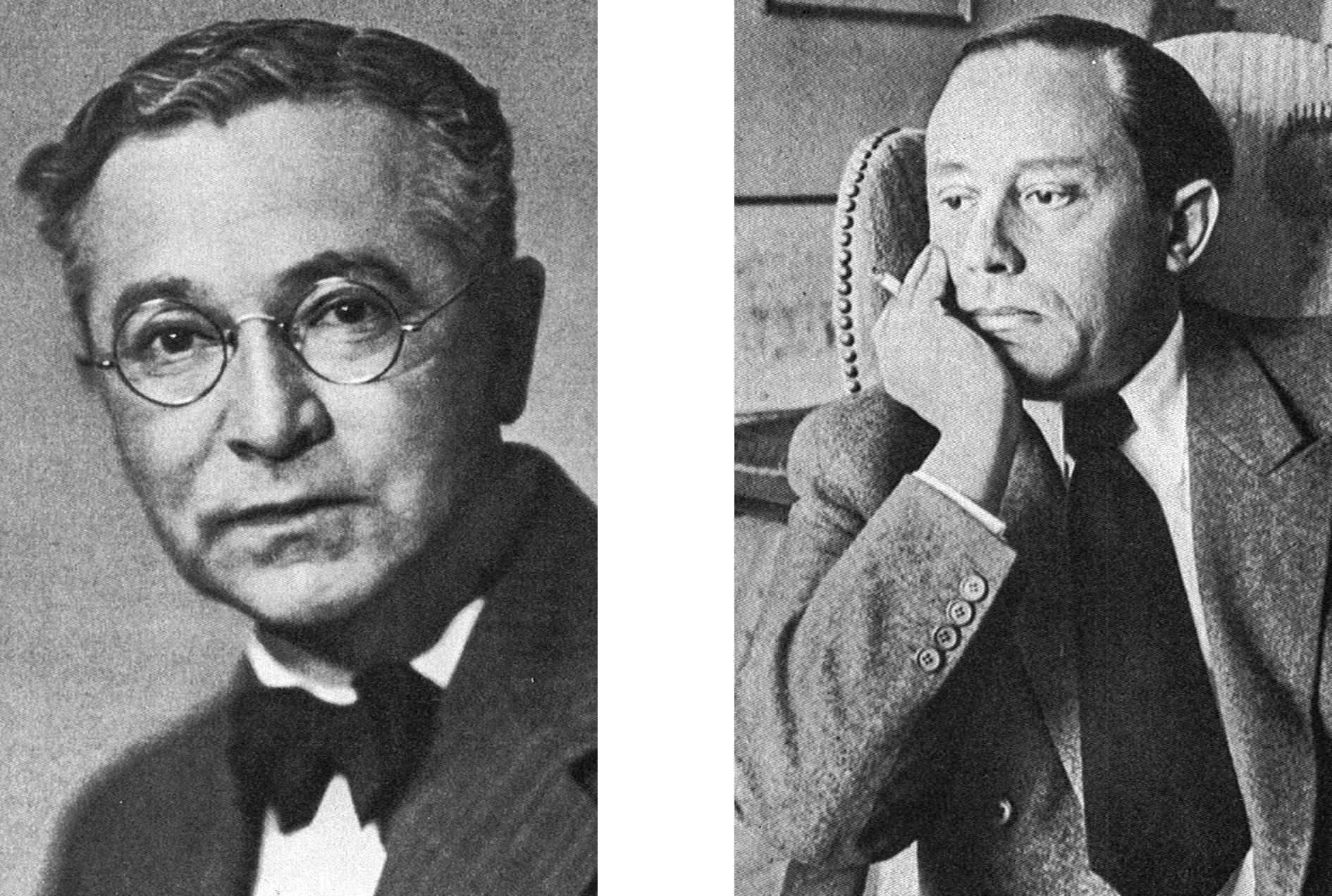
Rieser gave his staff batons for defence and continued the performances. However, less radical voices also criticised the theatre. The German-speaking daily newspaper Neue Zürcher Zeitung called for more tact in dealing with this new German stance; addressing the Jewish question would provoke the Germans unnecessarily, it said. Swiss writers and playwrights also protested against Rieser and called for a more “local” theatre.
1938 to 1945: Anti-fascist classics
But Rieser, through his ensemble and his own courage, managed to lay the foundation for the theatre’s later fame. He created “a fortress filled with spiritual explosives that were projectiles against the enemy,” said Oskar Wälterlin, who took over as the theatre’s director in 1938. Tired of the criticism and suffering a lack of funds, Reiser sold his shares, handed over his theatre, and emigrated with his family to the United States. The Schauspielhaus Zurich was turned into a limited public company and the city of Zurich became one of the shareholders. The private theatre of old was now a public one.
.
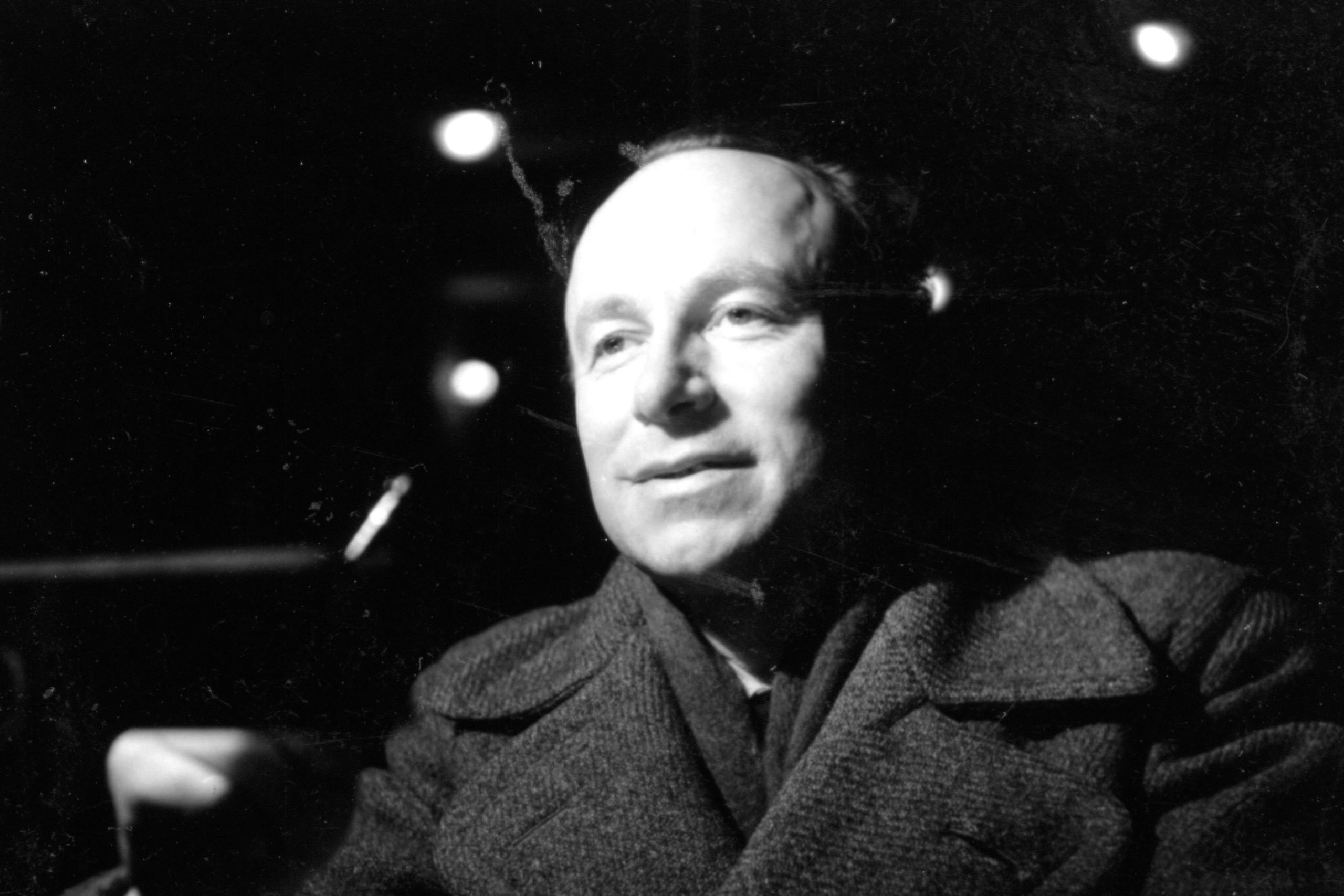
The new management wanted to distance itself from the militant reputation of the old playhouse. War was in the air, and they did not want to risk alienating sabre-rattling Germany. When the war broke out in 1939, the theatre initially performed rather tame and witty plays; comedies by Nestroy and Shakespeare and classics from the 18th and 19th centuries.
But these classics were performed differently in Zurich: they were not as archaic and were more sober in character. The pathos that had become increasingly louder on Nazi-controlled stages in Germany since 1933 was met with a degree of humanity in Zurich. The actor Wolfgang Langhoff said: “For example, we did not shout out the word ‘freedom’; we just uttered it in a simple, quiet and moving way that the greatness of this word deserved.”
At the end of the war, dramaturge Hirschfeld described his goal as follows: “We wanted to keep the image of mankind in its entire diversity and thus create a position against the destructive forces of fascism.”
These older plays also managed to address the current situation, albeit indirectly. This was the strategy. Therese Giese, an actress who had been a political cabaret artist before joining the theatre, said in an interview: “We analysed every play for its political content. Nothing was apolitical on our stage.”

The theatre also performed modern plays such as those by the expressionist Else Lasker-Schüler. And Berthold Brecht’s plays were premiered in Zurich during the war, which did not happen in Scandinavia where he lived in exile. English and American plays were also performed with regularity.
Crumbling unity
One of the last performances before the end of the war was Max Frisch’s first play “Now They Sing Again”. Frisch’s skills as a writer were refined in the theatre with Hirschfeld lending him particular support. Fellow Swiss Friedrich Dürrenmatt also started his career at the Schauspielhaus Zurich. Without this radical emigrant theatre neither Frisch nor Dürrenmatt would have turned into international bestselling authors – and Swiss greats.

Towards the end of the war, some ensemble members started to look at what was happening in their home countries. From a distance, they started to rebuild organisations that were destroyed by the Nazis. And actors who left bombed out Germany in the summer of 1945 came and joined the ensemble. Refugees from Germany were now working with actors who had been cheered on by the Nazis. With the end of National Socialism, however, any unity crumbled. Anti-fascists returned to being liberal Catholics, non-party leftists and communists.
Translated from German by Billi Bierling

In compliance with the JTI standards
More: SWI swissinfo.ch certified by the Journalism Trust Initiative








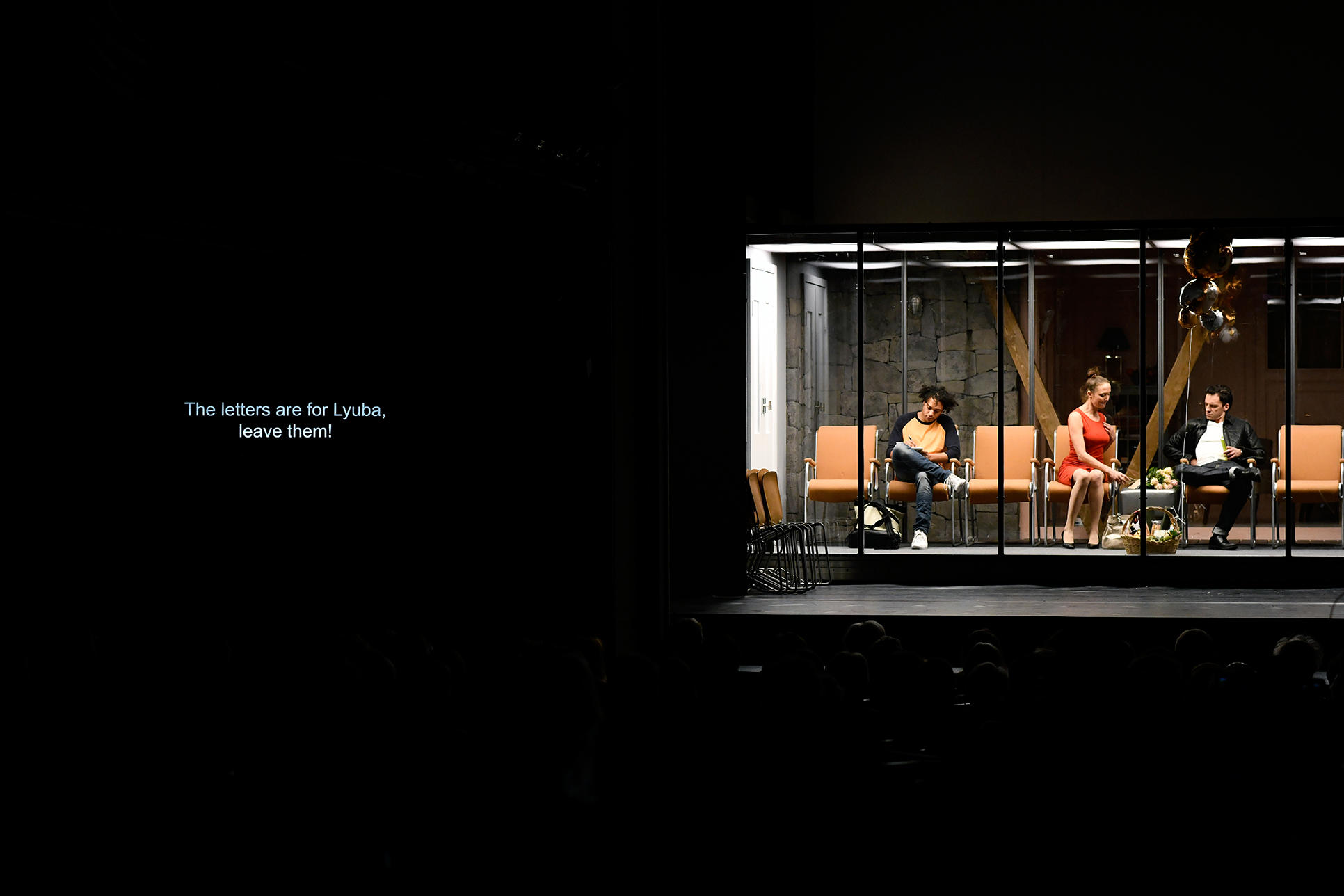
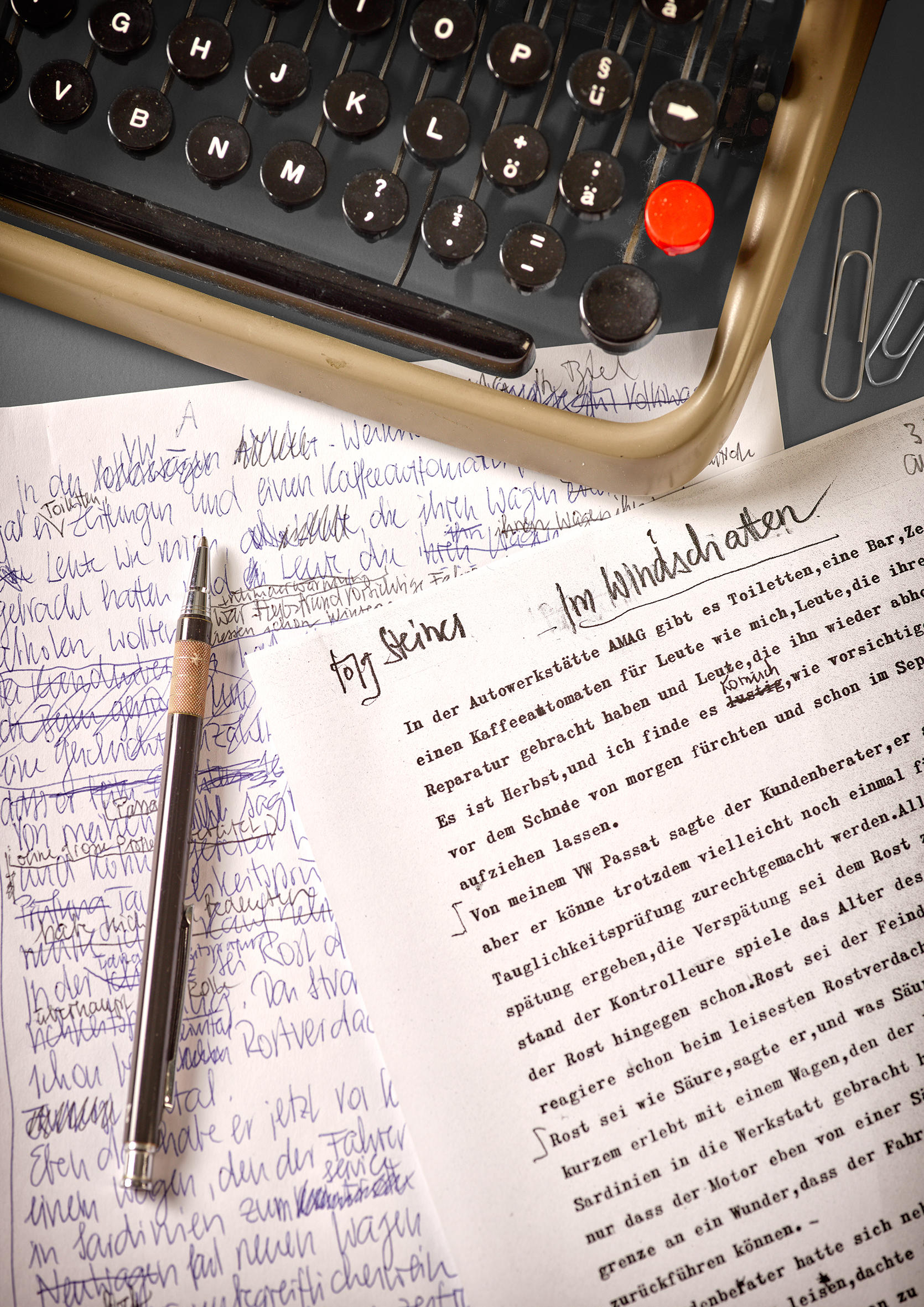
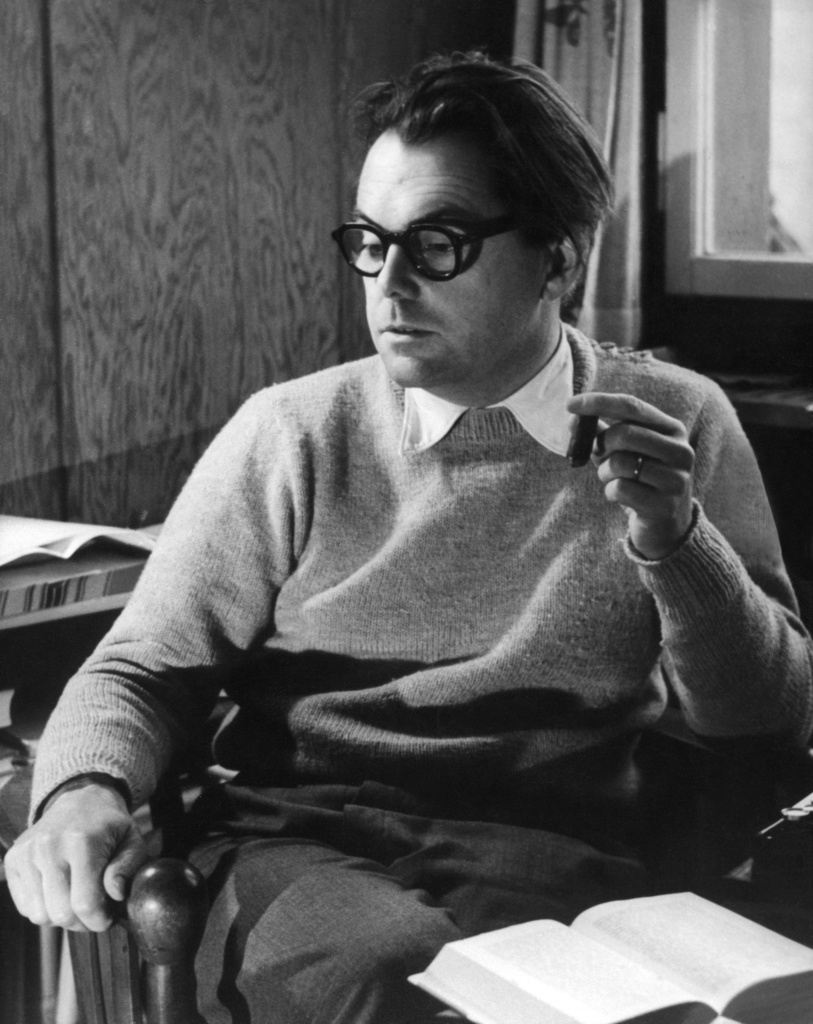
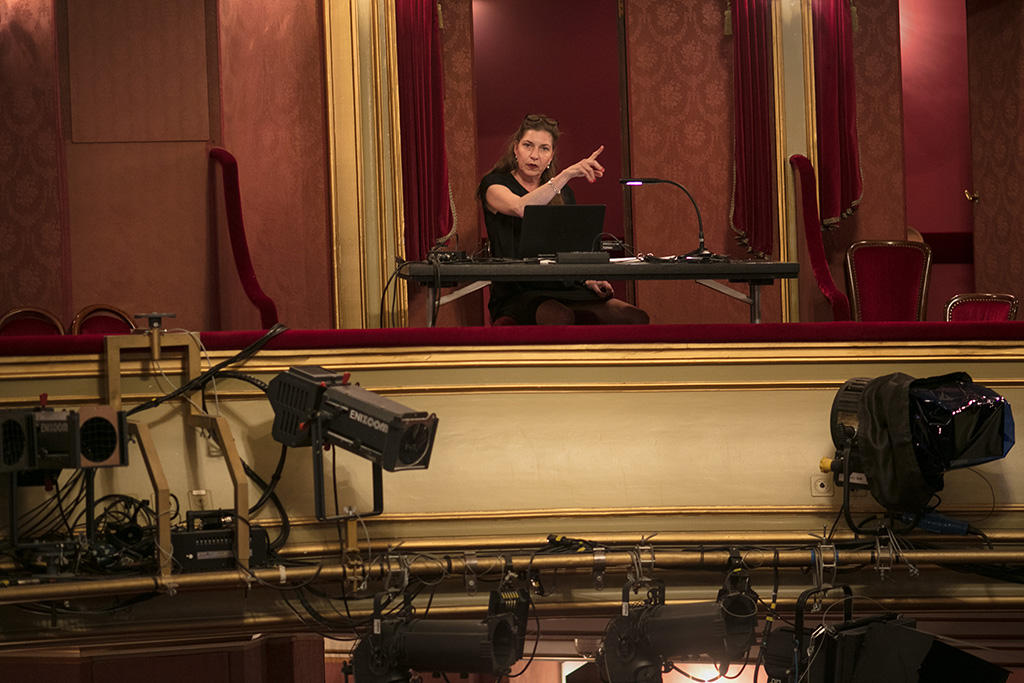
You can find an overview of ongoing debates with our journalists here . Please join us!
If you want to start a conversation about a topic raised in this article or want to report factual errors, email us at english@swissinfo.ch.